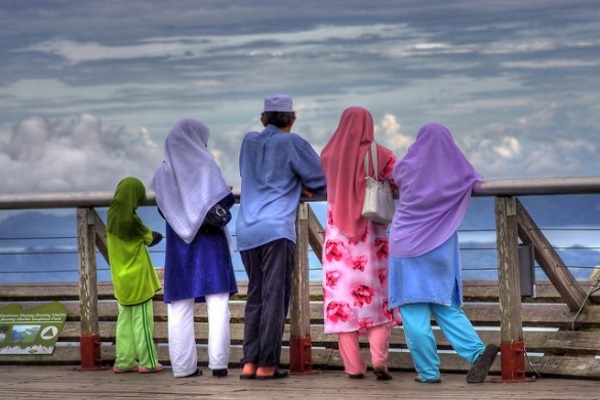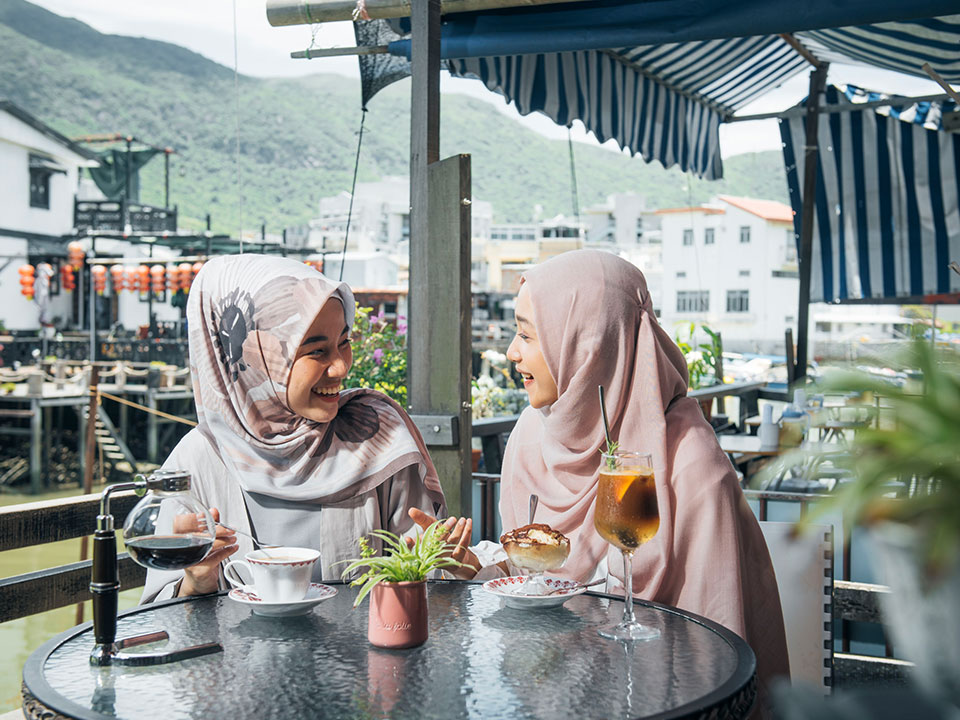
Exploring the Rise of Halal Tourism in Asia
As Southeast and South Asia implement measures to attract Muslim travelers, Eastern regions are struggling to keep pace.
The Growing Importance of Halal Tourism
As halal travel is often associated with the Middle East, it is crucial for travel professionals to recognize its significance elsewhere, especially in South and Southeast Asia, which host large Muslim populations.
A report by Al-Jazeera from February reveals that the halal tourism market is expected to surge to $410.9 billion by 2032, almost double the figures for the end of 2023.
Crescent Ratings projects that globally, the Muslim traveler population could reach 230 million by 2028.
East Asia’s Challenge
East Asia must enhance its offerings, with increasing Muslim tourists visiting China, Japan, South Korea, and Taiwan. Recently, Travel Daily Media spoke with Daniswara Nugroho, the Head of Business Development and Events at Crescent Ratings, about strategies to attract Muslim travelers.
 Halal Travel
Halal Travel
Collaborating with Hotel Operators in East Asia
Nugroho shared that they collaborated with the Hong Kong Tourism Board (HKTB) to create a Muslim-friendly hospitality framework. He highlighted their recent seminar aimed at educating Hong Kong hoteliers and venues on Muslim travelers’ needs, presenting the Crescent Rating system for assessing Muslim-friendly services.
“We rated 16 establishments in Hong Kong, many of which improved their halal food offerings and enhanced facility accessibility,” Nugroho noted.
However, the implementation of these practices in Macau SAR and Mainland China remains slow, as Nugroho remarked on the difficulties in establishing partnerships on the mainland.
“While opportunities exist in areas with significant Muslim populations, we are still seeking partners to penetrate the Chinese market effectively.”
Advancements in the Cruise Sector
In recent months, cruises have gained popularity among Asian travelers, particularly following enhancements at Star and Dream Cruises. Nugroho confirmed that several cruise lines are introducing halal-centric practices, including the availability of halal kitchens and Islamic dietary options.
Other Regional Efforts
Some countries like the Philippines have made notable strides in catering to Muslim travelers through various hospitality firms offering inclusive amenities.
Despite progress in Indonesia, Malaysia, and Brunei, tourism destinations like Thailand and Vietnam are still lacking essential amenities for Muslim travelers. The objective remains to enhance these offerings to boost tourism opportunities across the region.
